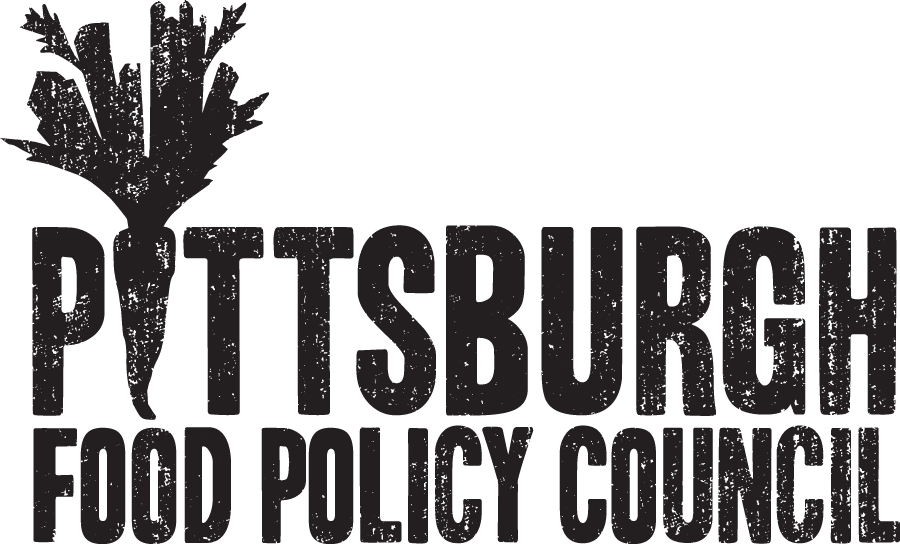The Pittsburgh Food Equity Ambassador program centers residents’ voices and the leadership of those most impacted by food inequities in developing policy solutions. The Ambassadors meet biweekly over the course of five months and have extracurricular activities to benefit the community. This report analyzes the feedback of former Ambassadors so as to improve program design, and structure, and promote long-term engagement. The report concludes with a recommended program budget and funding opportunities.
Download "Developing Future Pittsburgh Food Equity Ambassadors: Program Review and Recommendations"
Publication tags: Field Reports - Advocacy and Education, Food Policy Councils/Coalitions
Raised in the borderland of El Paso, Texas, Raneem’s personal experiences and environment influenced her passion for public health and social justice. Observing at an early age her single mother seek affordable medical care and nutrition classes for her sister with Juvenile Diabetes, having family walk across the bridge to Mexico to receive medical treatment, to later noticing the intersectionality of the immigration status barrier and women’s health – she began with civic engagement, community health education, and voter registration to later working for a Texas House Representative that filed legislation to strengthen the Maternal Mortality and Morbidity Task Force. Raneem was awarded the inaugural Rising Star Award by the Texas League of Women Voters – El Paso for her activism and community engagement. She majored in Health Promotion form the University of Texas at El Paso with a Minor in Nutrition, and plans to use her education and skills gained from the Emmerson National Hunger Fellowship to work on anti-poverty initiatives to support low income women and families in her community.
Read more about Raneem Karboji
The Pittsburgh Food Policy Council uses the Collective Impact model to bring together stakeholders from across the food system to examine, develop, and improve the food system of our region.
The PFPC convenes food systems stakeholders and change makers to network, break down silos, invite participation in decision making and priority setting, inspire collaboration, provide leadership development and training, develop comprehensive food policy approaches, and strengthen movement building. Combining dynamic presentations, collaborative activities and networking, PFPC hosts regular meetings to connect the larger community of advocates, entrepreneurs, community members and policymakers to help coordinate the activities and policy initiatives of the Working Groups.
Read more about Pittsburgh Food Policy Council



